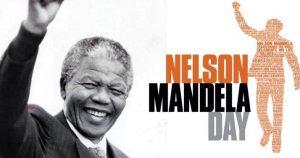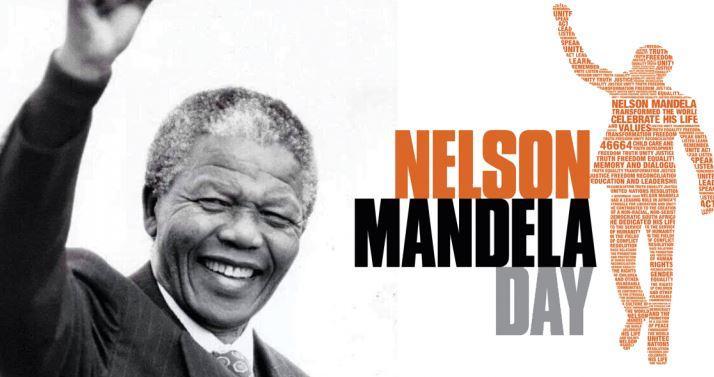
The United Nations observes 18 July every year as Nelson Mandela International Day. The day acknowledges Nelson Mandela’s contribution to the struggle for democracy internationally and the promotion of a culture of peace throughout the world. Nelson Mandela Day is an occasion for all to take action and inspire change.
Buy Prime Test Series for all Banking, SSC, Insurance & other exams
History of Nelson Mandela International Day
On 18 July 2009, the first Mandela Day was observed in New York. The United Nations General Assembly adopted a resolution on 10 November 2009 declaring 18 July as “Nelson Mandela International Day”. This day marks his contribution to peace through his active involvement in resolving conflicts, promoting human rights, international democracy and reconciliation and addressing racial issues.
About Nelson Mandela
- Nelson Mandela was born as Nelson Rolihlahla Mandela in Transkei, South Africa on 18 July, 1918. His mother was Nonqaphi Nosekeni and father Nkosi Mphakanyiswa Gadla Mandela.
- When Rolihlaha was 12 years old, his father died and so he became a ward of Jongintaba at the Great Place at Mqhekezweni.
- Nelson Mandela (1918-2013) had dedicated his life fighting for human rights and he believed that everyone has the potential to make a difference in their communities for the world to be a better place. He joined the African National Congress in 1944 when he helped to form the ANC Youth League (ANCYL).
- In 1993, Nelson Mandela and Frederik Willem de Klerk were jointly awarded the Nobel Peace Prize ‘for their work for the peaceful termination of the apartheid regime, and for laying the foundations for a new democratic South Africa.’
- Mandela retired from politics in 1999 but remained a global advocate for peace on 5 December 2013. Mandela died at his home in Johannesburg.



 Indian Olympic Medal Winners List Till N...
Indian Olympic Medal Winners List Till N...
 Who is the Inventor of the Gramophone?
Who is the Inventor of the Gramophone?
 HS Dhaliwal Appointed New DGP Of Andaman...
HS Dhaliwal Appointed New DGP Of Andaman...
